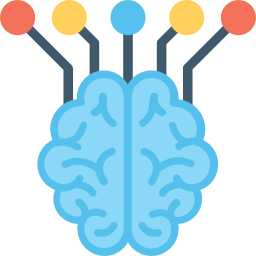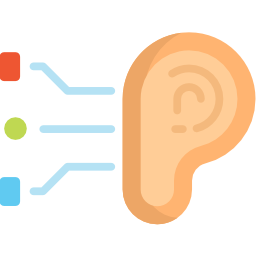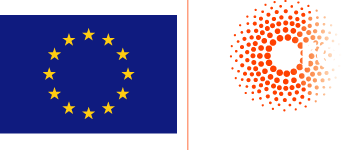Welcome to the PROACTION Laboratory
We are part of the Faculty of Psychology and Educational Sciences, University of Coimbra, Portugal. Our research is generously funded by the European Research Council, by the Foundation for Science and Technology, Portugal, by COMPETE 2020, and by Portugal 2020.
Currently we have 3 main areas of research:

Object Recognition and the representation and organization of object knowledge
We are interested on how conceptual information is functionally organized in the brain, on what dictates mapping of information in the brain, and on the neural mechanisms at play in high-level cognition. This line of research is powered by the ERC starting grant “ContentMAP”, and two FCT research projects: PTDC/MHC-PCN/0522/2014 and PTDC/MHC-PCN/6805/2014.

Connectivity constraints on neural processing, representation, and organization
We are interested on how (functional and structural) connectivity shapes neural processing, and specifically how local neural representation and organization is (partly) specified by information integration with remote nodes of functionally-specified neural networks. This line of research is powered by the ERC starting grant “ContentMAP”, and an FCT research project PTDC/PSI-GER/30745/2017.

Neuroplasticity in special populations (deafness; aging)
We have been developing a series of neuroimaging and behavioral studies with congenitally deaf individuals to study the processes of crossmodal plasticity. We have also focused on how neuromodulation helps compensatory strategies in healthy aging. This line of research is powered by an FCT research project PTDC/PSI-GER/30757/2017.
Our laboratory uses a multimethod approach to address these research questions. We have been using fMRI (SIEMENS Trio Tim 3T MRI Scanner), neuromodulation (tDCS with neuronavigation), and visual psychophysics (fast presentation monitors and custom made fast PIO button boxes), along with state of the art data analysis (Machine learning, MVPA, RSA, etc.).
Recent News
-
SAW 2025
May, 21 - 2025We are happy to announce the 3rd edition of the Seeing and Acting Workshop (SAW), which will be held September 25-27, 2025!
Please submit your abstract by July 31. This is a great opportunity to receive feedback and learn from experts in the field!
All you need to know here: https://www.uc.pt/cogbooster/saw/2025/
view more














